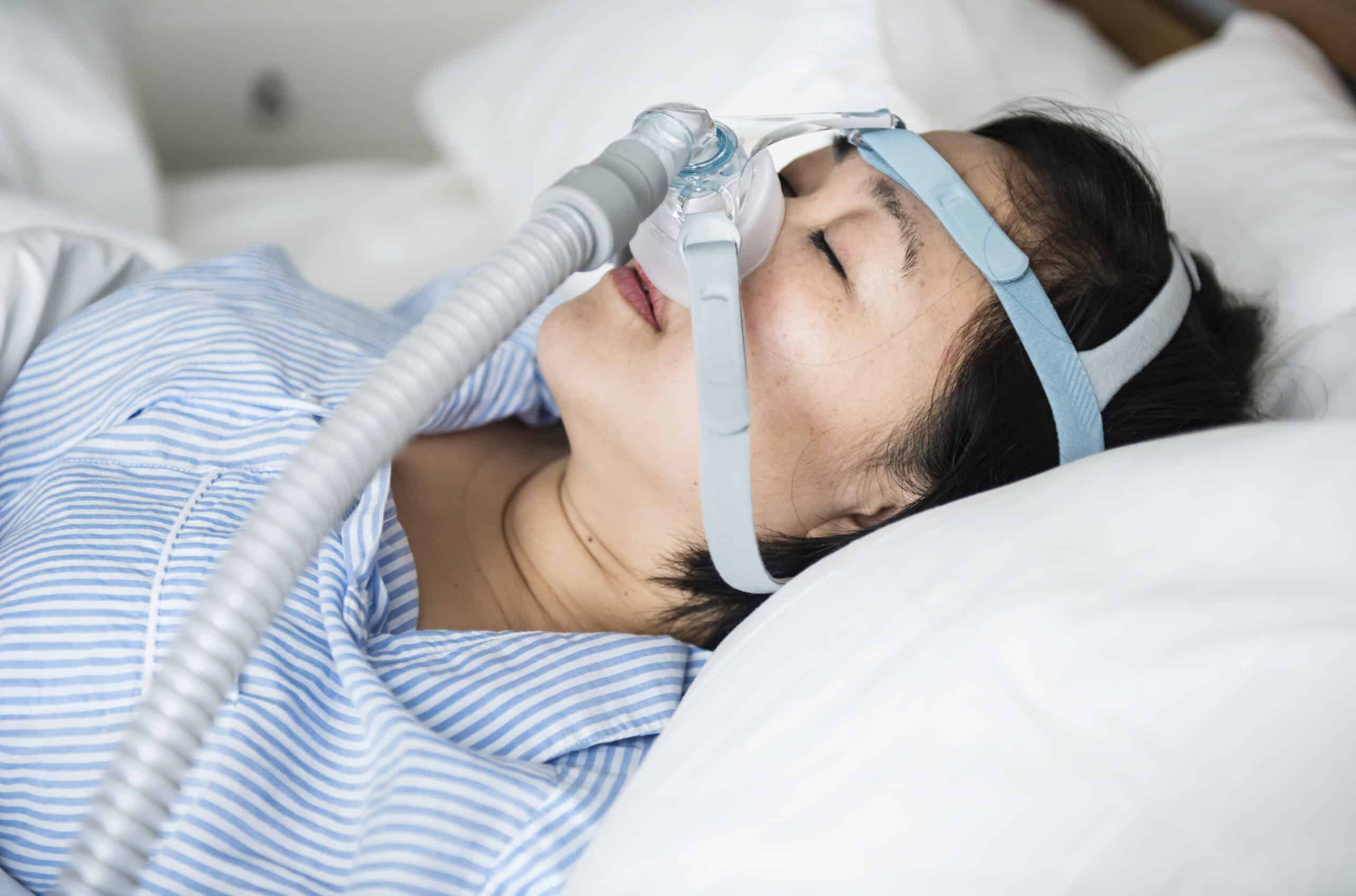ONLINE SCHEDULING AND VIRTUAL CONSULTS AVAILABLE

The Right Time To Consider Treatment For Sleep Apnea

Do you often wake up feeling tired and groggy despite getting a full night’s sleep? Do you snore loudly or experience difficulty breathing while asleep? If so, you may be one of the millions of people affected by sleep apnea. This common sleep disorder can have serious consequences for your physical and mental health if left untreated. But who is the right candidate for sleep apnea treatment, and how do you know if it’s necessary for you? In this article, we’ll explore everything you need to know about identifying whether or not you’re a suitable candidate for sleep apnea treatment and what options are available to help improve your quality of life.
What Is Sleep Apnea?
Sleep apnea is a common sleep disorder that affects many people around the world. It is characterized by interrupted breathing during sleep, which can lead to restless nights, fatigue, and other health issues. There are two main types of sleep apnea: Obstructive Sleep Apnea (OSA) and Central Sleep Apnea (CSA).
In OSA, the airway becomes blocked or obstructed during sleep due to the relaxation of throat muscles, causing breathing difficulties. CSA occurs when the brain fails to signal the respiratory muscles to breathe.
Both types of sleep apnea can result in loud snoring and frequent awakenings throughout the night. If left untreated, it can cause serious health problems such as high blood pressure, heart disease, stroke, and even death.
If you suspect that you may have symptoms of sleep apnea such as snoring or excessive daytime drowsiness despite getting enough hours of sleep every night; it’s important to speak with your doctor about treatment options available for this condition.
Who Is The Right Candidate For Sleep Apnea Treatment?
Sleep apnea is a sleep disorder that affects millions of people worldwide. It occurs when the airway becomes blocked, causing breathing to stop and start repeatedly throughout the night. While anyone can experience sleep apnea, some individuals are more prone to it than others.
So who is the right candidate for sleep apnea treatment? Anyone who experiences symptoms of this disorder should seek medical advice. Common signs include loud snoring, gasping or choking during sleep, excessive daytime fatigue, difficulty concentrating, and morning headaches.
Risk factors such as obesity, smoking, or drinking alcohol also increase the likelihood of developing sleep apnea. Additionally, age and gender play a role – men over 40 years old are more likely to develop this condition than women.
It’s essential to note that not all cases of sleep apnea require treatment. However, if left untreated, it can lead to serious health complications such as high blood pressure and heart disease.
Treatment options vary depending on individual needs but may include lifestyle changes such as weight loss programs or avoiding certain medications before bedtime. In severe cases, continuous positive airway pressure (CPAP) therapy may be recommended.
In summary, anyone experiencing symptoms of sleep apnea should consult with their doctor about appropriate treatment options regardless of age or gender. It’s crucial to address this condition early on before it leads to severe health problems down the road.
How To Know When To Go For Treatment
If you suspect that you have sleep apnea, it is important to seek medical attention as soon as possible. The right candidate for sleep apnea treatment usually experiences breathing pauses during their sleep and can feel fatigued throughout the day.
One way to know if you are a potential candidate for sleep apnea treatment is by taking note of your snoring patterns. If your partner complains about loud snoring sounds coming from your side of the bed, this may be an indicator that you could have obstructive sleep apnea.
Another sign that suggests someone might need to be evaluated for sleep apnea is feeling drowsy even after a full night’s rest. If you find yourself nodding off at work or while driving, it may be time to consult with a doctor who specializes in treating this condition.
It’s also important to consider any risk factors associated with developing sleep apnea such as obesity, hypertension, or diabetes. People who smoke cigarettes are also at higher risk for developing the condition.
Ultimately, only a medical professional can determine whether or not someone is the right candidate for sleep apnea treatment after conducting proper evaluations and tests. So don’t hesitate to get checked out if you think there might be something wrong!
Treatments
Sleep apnea treatments vary depending on the severity of the condition and individual patient needs. Mild cases may only require lifestyle changes such as weight loss or sleeping in a different position.
For moderate to severe cases, continuous positive airway pressure (CPAP) therapy is often recommended. CPAP involves wearing a mask over the nose or mouth while sleeping, which delivers pressurized air to keep the airways open.
Another treatment option is bilevel-positive airway pressure (BiPAP), which varies the level of pressure during inhalation and exhalation. This can be helpful for patients who have trouble exhaling against high levels of pressure.
Oral appliances such as mandibular advancement devices can also be effective in treating sleep apnea by repositioning the jaw and tongue to keep the airway clear.
In some cases, surgery may be necessary to address structural issues that are causing obstructive sleep apnea. This could include removing excess tissue from the throat or correcting abnormalities in the jaw or nose.
Individuals with sleep apnea need to discuss their treatment options with a healthcare professional to determine what approach will work best for them.
Sleep apnea is a serious condition that should not be ignored. It can lead to numerous health problems if left untreated. Identifying whether you are the right candidate for sleep apnea treatment is important and can help improve your quality of life.
If you suspect that you have sleep apnea or have been diagnosed with it, always consult with your doctor about the best course of action. There are several treatments available, including lifestyle changes, CPAP machines, and surgery.
Don’t let sleep apnea control your life any longer. Take charge of your health by seeking treatment and getting the restful sleep that you deserve. Remember, early detection and intervention can save lives!





